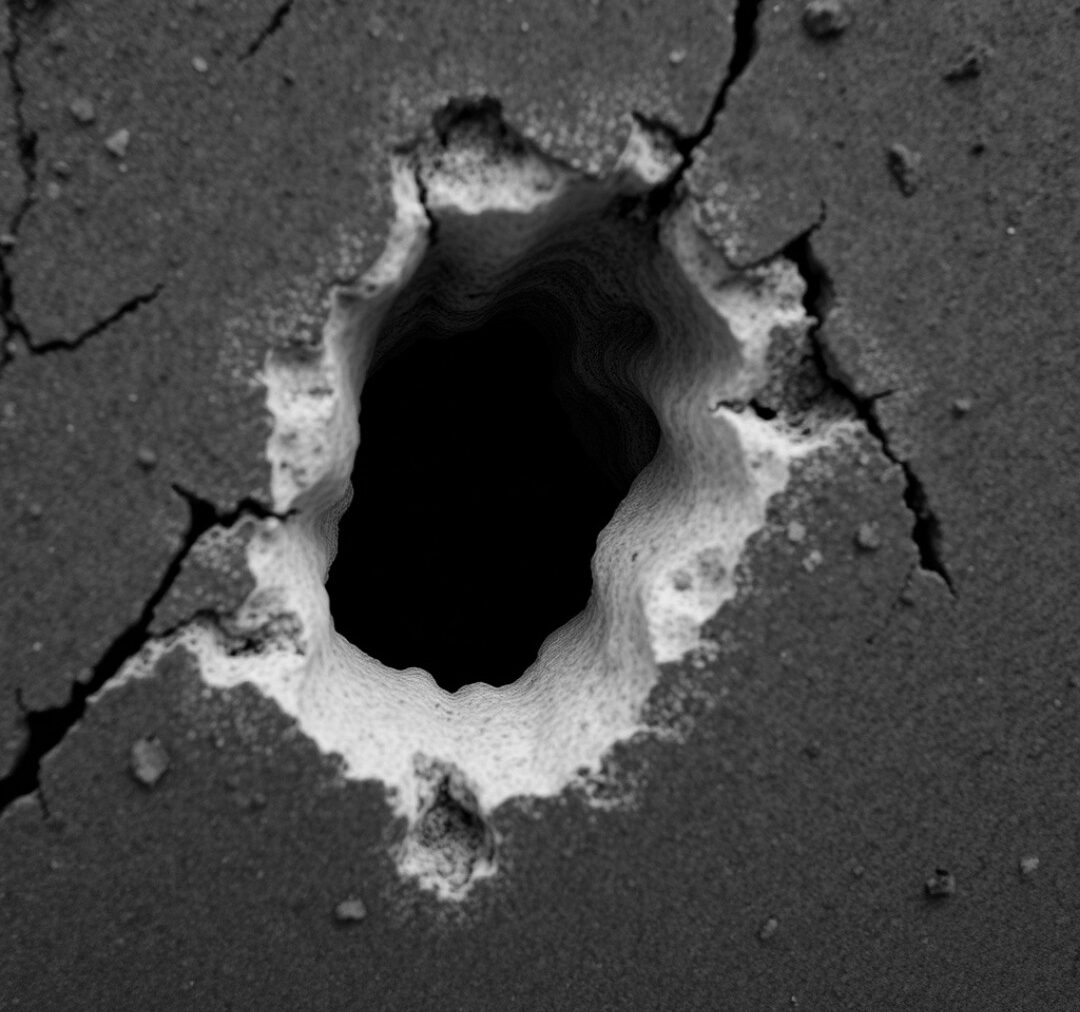In Being and Nothingness, Sartre says that “man is a useless passion”: An acknowledgment that there is something pertaining to and determining the human condition in such a way that makes impossible any completeness, self-coinciding, wholeness, and satisfaction.
‘Man is a useless passion’ is an expression of the lack residing in the being of the “for-itself”, since, according to Sartre’s version of existentialism, the human being is constituted as a lack of being. Although this lack of being is what renders the human being radically free, since it is the opening toward the undecided future and toward still wholly undetermined possibilities, it is an absence in and of being that the human being constantly attempts to overcome, according to Sartre. An impossible overcoming because of which human beings are and are in the world. That is to say, human beings attempt to overcome what makes them possible in the first place.
Sartre says that all attempts at overcoming this lack of being aim at turning the human being into God, which is an entity whose being, for Sartre, is “being-for-itself-in-itself”. In other words, Sartre takes the attempt at overcoming this lack of being as a way of gathering together the “being-for-itself” and the “being-in-itself” into one entity or being, which is a “being-for-itself-in-itself”, whose essence and existence are one and the same. In Sartre’s existential thinking-philosophizing, this way of being, or God’s way of being, is to be read together with the way of being pertaining to humans, which lets their existence precede their essence.
This gathering together of the “being-for-itself” and the “being-in-itself” into one being is impossible because the human being, in Sartre’s existentialism, is the negation of “being it-itself”, a negation because of which the human being is as consciousness.
Sartre says that since the human being emerges into the world from the negation of the “being in-itself” and is thereby essentially as a lack, desiring is constant in such a way that it shapes the human condition.
In other words, as soon as a specific desire is satisfied, another one, a new one, announces itself in the being of the “for-itself”. The satisfaction of the present desire is the welcoming of a new desire. Satisfaction itself is impossible. It can only be fleetingly glimpsed and experienced, but it always disappears into the still unsatisfied desire, manifesting itself due to the lack residing in and determining the being of the “for-itself”.
This constant desiring reveals the human being as a passion, a passion in a constant search for its fulfillment, a passion which is useless, since it arises from the nothingness that nothing can overcome in being.

